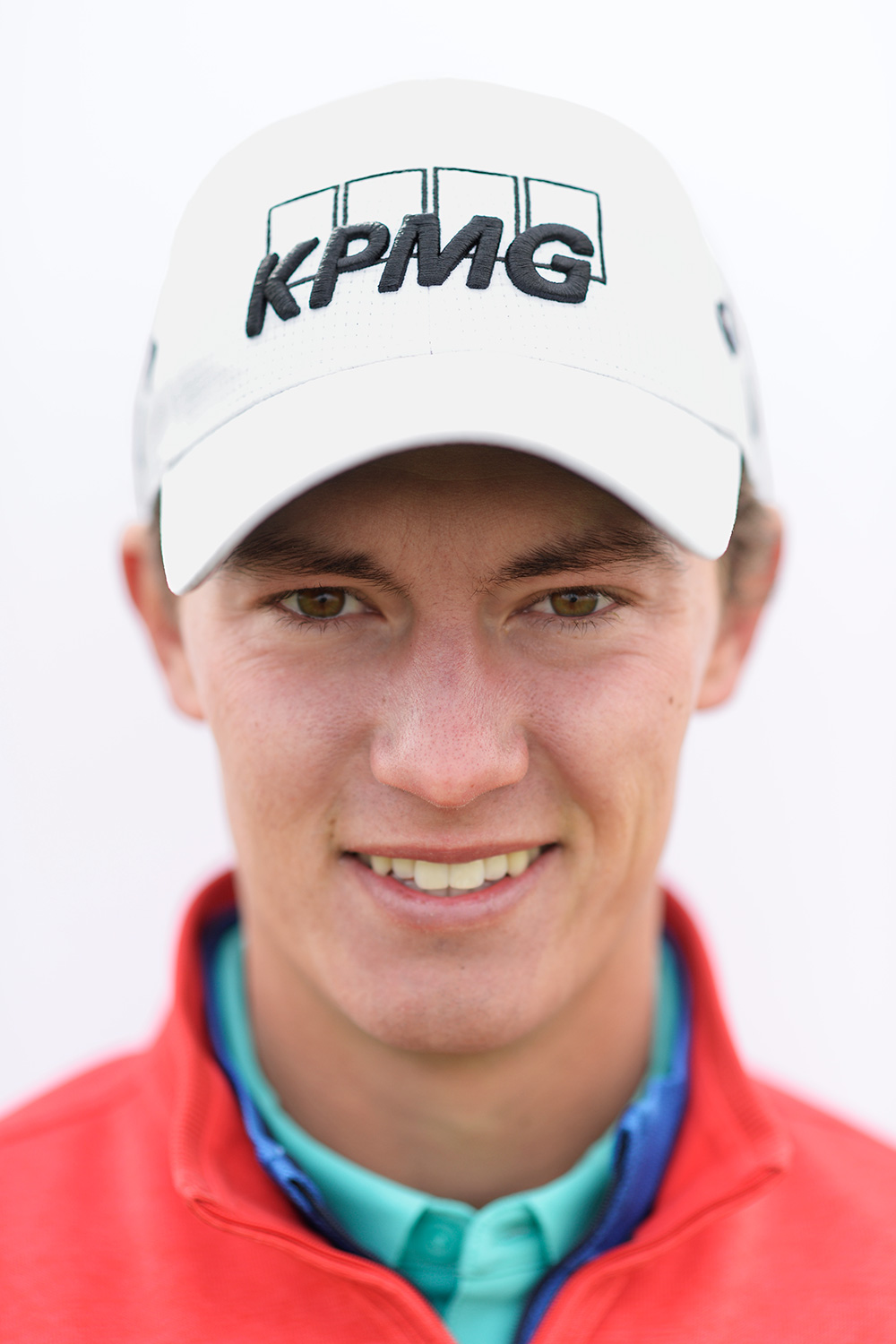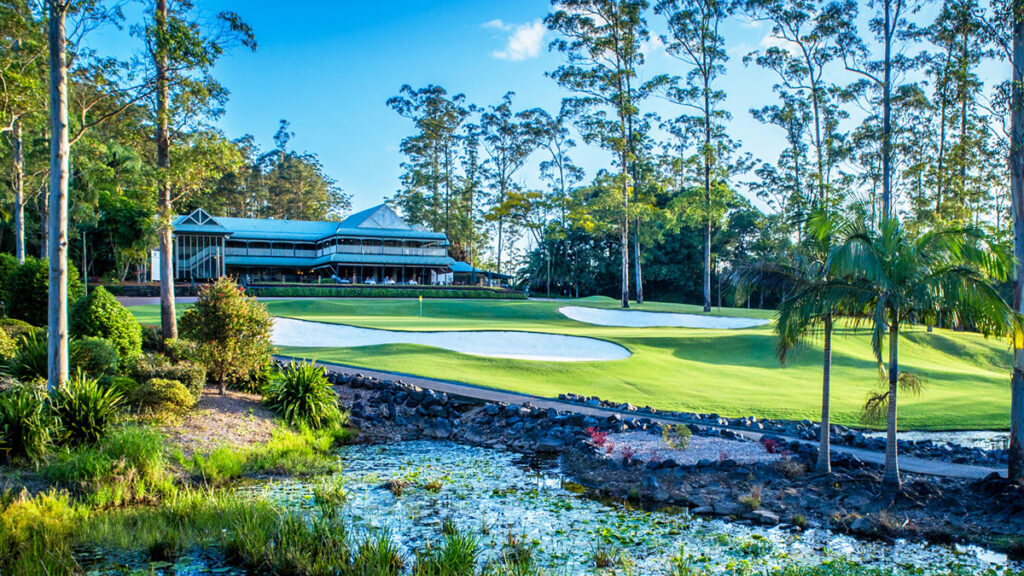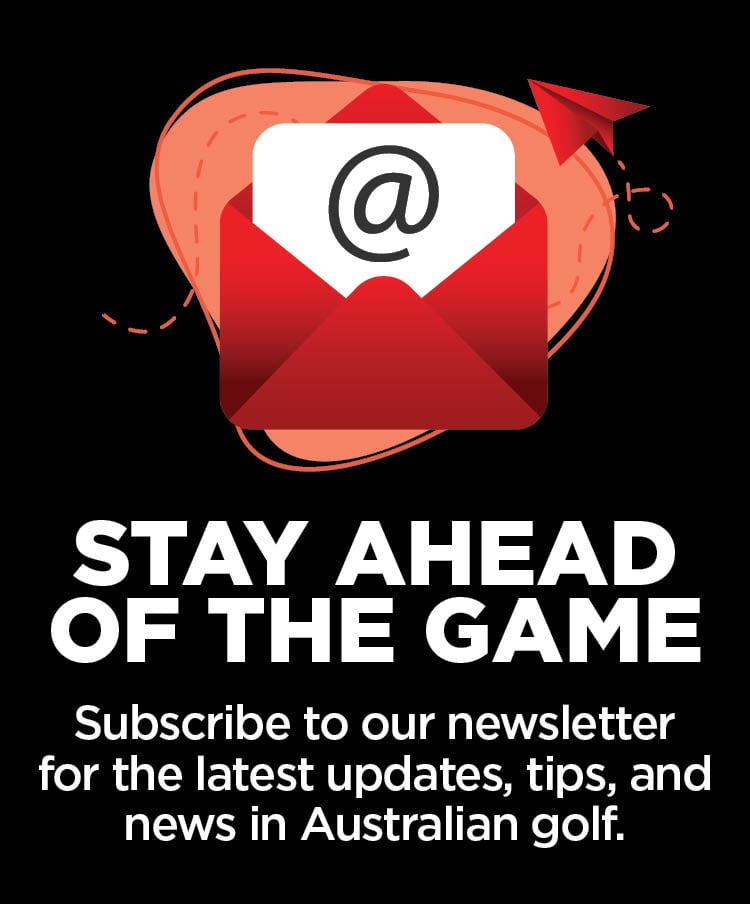Maverick McNealy isn’t on the US PGA Tour yet. He still has to earn it with good play on the Web .com Tour. But the Stanford University alum and former No.1-ranked amateur in the world is relishing the chance to make his own way. The son of Scott McNealy, the co-founder of Sun Microsystems, whose net worth is estimated at $1 billion, Maverick, 22, is far more modest and ambitious than a privileged upbringing might lead you to believe. We talked with Maverick about his childhood, his prospects for making the big tour and how he defines success.
— Ashley Mayo
● ● ●
You turned down a chance to be on the cover of our American affiliate magazine. What was your reasoning?
Being on the cover of Golf Digest is a big deal, and I don’t feel like I’ve accomplished enough as a professional golfer to warrant that. My achievements to date are making it through Q-school and a top-30 finish at the Farmers Insurance Open. There are so many talented players who dwarf my résumé. Once I do something that’s cover-worthy, I’ll accept that offer in a heartbeat.
● ● ●
Where did you learn such discipline?
From my mum. You’d think my dad is the intimidating one, but my mum was strict. “Good grades, good attitude, good effort” is her mantra. She always said I had to do my homework before I got to play sports. Bad grades meant taking away my golf and hockey gear.
● ● ●
Do you feel less pressure to succeed because you have a financial safety net?
My dad often tells me the most well-funded start-ups always fail, and that a short cash runway lights a fire under your rear that’s hard to emulate. I don’t judge my success in golf by how much money I’ve made; I judge it by my effort and commitment.
● ● ●
 What course did you take at Stanford that you think you’ll continue to lean on?
What course did you take at Stanford that you think you’ll continue to lean on?
Introduction to Decision Analysis. I appreciate that methodical way of thinking.
● ● ●
Is intelligence an advantage or disadvantage in golf?
Depends on the golfer. The mindset golfers need to play their best will always be different, and sometimes it’ll be very different. Creating a process that matches your strengths as an athlete is what’s important.
● ● ●
You’ve said one reason you live in Las Vegas is because of inexpensive housing and flights. Was the value of a dollar something your parents emphasised, or did you learn it on your own?
Both. My brothers and I never got an allowance, and we were told that once we graduated from college, we’d have one summer to find a job and then we’d be on our own. My dad would’ve made me pay rent to live at home after school – I’m not kidding!
● ● ●
Tell us about these protein balls you make.
I mix half a cup of peanut butter or almond butter, an eighth of a cup of honey, a quarter cup of mini dark chocolate chips, half a cup of protein powder and a third of a cup of coconut water. Then I shape the batter into the size of golf balls, roll them in whole oats and put them in the fridge. Then, magic! I have a healthy snack that I can bring to the course.
● ● ●
You’re a pretty good ice hockey player. Did you think about pursuing it over golf?
As a high school freshman, I had visions of playing hockey for an Ivy League school. But as a 155-pound (70-kilogram) 17-year-old, I realised I’d have to go to an East Coast prep school or play two years of juniors. When I got a spot on the Stanford golf team, I was 100 percent all-in on golf.
● ● ●
What’s the worst injury you’ve suffered in ice hockey?
I’m lucky. I’ve only broken my pinky finger, but I’ve been hit in the Adam’s apple by a puck, which didn’t feel great. Luckily the puck was deflected first. The worst part about playing hockey is blocking shots. When a player shoots a puck, and it’s coming at you 80 miles per hour, you have to override your natural instincts and step in front of that puck.
● ● ●
What’s your worst habit?
It seems like everyone these days is addicted to their phones, and wasting time on my phone is definitely my worst habit. So I’m trying to limit my social-media time to 15 minutes in the morning and 15 minutes at night. That’s it.
● ● ●
When is the first time you beat your dad at golf?
I must have been about 12, and he was coming off a broken leg. I shot 87, and he shot 89. Every time my three brothers and I beat him for the first time, he’d lay down on the 18th green and have someone take a photo of us with our foot on his stomach and arms in the air.
● ● ●
What’s your usual game?
My brothers and I typically play six balls because we play way faster than most people at our home course. The match is me and Scout versus Colt and Dakota. One point for the best-ball score, and one point for an alternate-shot ball. So I hit two tee balls on odd holes, Scout hits two tee balls on even holes, etc. We play for 10 push-ups per point, and we have to do them in front of the clubhouse.
● ● ●
How often do you hear “Top Gun” lines?
I’d say more than a quarter of the people I meet for the first time reference “Top Gun”.
● ● ●
There’s a perception that tour players don’t have to pay for golf. When’s the last time you paid?
I sure as heck pay for the flights I take to every golf tournament! It’s a pay-to-play sport, and to break even for any Web .com event – including travel, hotel and caddie fees – you have to finish in the top-40.
● ● ●
What’s the most nervous you’ve ever been?
The only time I’ve ever thrown up from being nervous was before the first round of qualifying at Stanford my freshman year. I walked right out of the dining hall after breakfast and ‘booted’ in the nearest trash can.
● ● ●
What’s the greatest lesson your father taught you?
If you can do something about it, do it. If not, don’t worry about it.
● ● ●
Have you given yourself a timeframe for making it as a professional golfer?
If I ever feel that I can’t get any better at golf, it’ll lose its appeal. Until that moment, I’ll keep competing.
● ● ●
How will you define your success?
I define success as the effort and commitment I dedicate to trying to be my best, not only as a golfer, but as a person.




